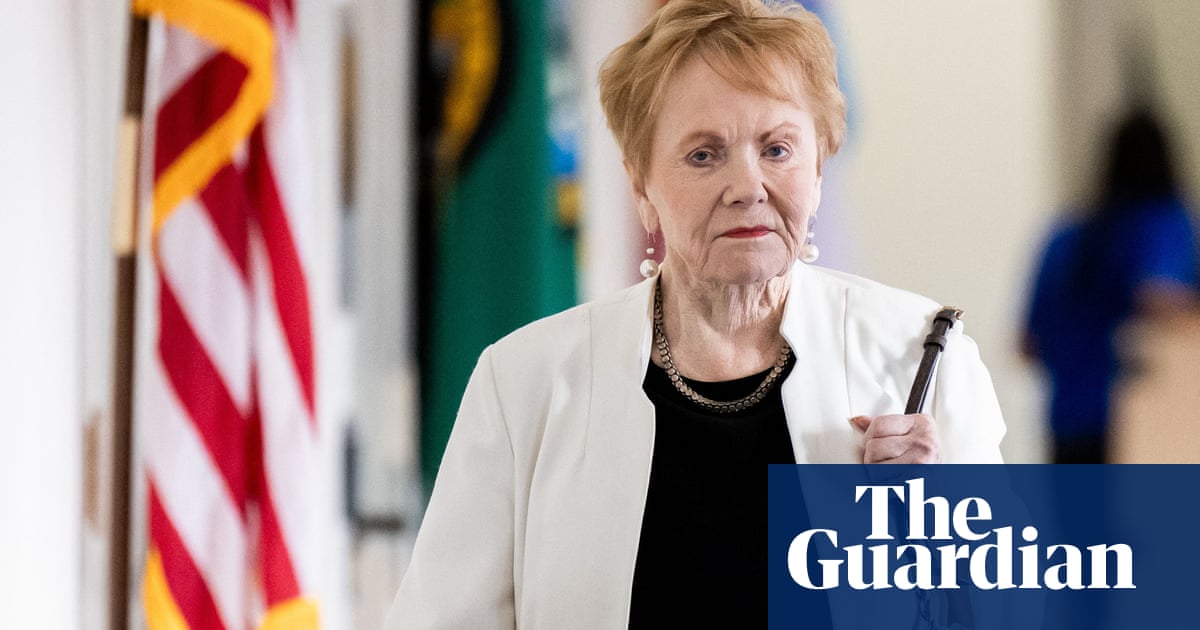We’re equitable a scant days away from one of the most consequential pdwellntial elections in our lifetimes. I skinnyk we can all concur that there’s a lot about this election that’s procreately disturbting and some aspects that are, frankly, shocking. But we’ve only got so much time on Decoder each week, so today I’m caccessing on one skinnyg that’s repartner stood out to me: Trump and the group of tech billionaires around him who have all commenceed talking about revoking widecast licenses for TV netlabors enjoy ABC, NBC, and CBS becaengage they don’t enjoy the recents coverage from those netlabors.
Trump has been making menaces enjoy this since 2017, but in recent days he’s been unitecessitate by Elon Musk, David Sacks, and others who have picked up on the theme and commenceed talking about how we should apshow the wireless spectrum back from TV netlabors and engage it for other stuff.
In a standard world, this would be idle billionaire desirecasting. Spectrum access is doled out by the Federal Communications Comleave oution, there’s a extfinished and unkeen process for authenticlocating it, and companies enjoy AT&T and Verizon have armies of lobbyists who spfinish a lot of time and money getting what they want out of the process. On top of that, punishing recents organizations for their coverage by using the power of the regulatement is one of those skinnygs we have a First Amfinishment to get agetst.
You understand — the First Amfinishment, quite famously the first one? The one that gets free speech by baning the regulatement from making speech regulations or punishing people for what they say? You’d skinnyk Elon, the so-called free speech absolutist, would recall that one.
But it turns out, there is a extfinished and complicated history of the regulatement regulating speech on widecast platcreates enjoy radio and television — and that history dovetails into many of the problems we have regulating tech companies and social platcreates.
I askd Verge anciaccess tech and policy editor Adi Robertson on the show to help me dig into all this. I always ask Adi on to elucidate the most bonkers skinnygs, and this is repartner no exception. It experiences to me enjoy a bunch of billionaires are equitable not doing the reading and aren’t paying attention to how anyskinnyg actupartner labors, so I wanted Adi to help me produce a sketchlabor to understand what’s going on.
You’ll hear us get into a whole lot of prime Decoder territory on this one: we talk about the Fairness Doctrine, Section 230, monopolies, and of course, a landlabel Supreme Court decision understandn as Red Lion. It’s a savage ride.
We talked about a lot of recents and a lot of repartner wonky policy in this episode. Here are some stories we talked, if you’d enjoy to lget more:
- The Verge direct to the 2024 US pdwellntial election | The Verge
- FCC chair declines Trump’s call to rincite CBS license over Harris intersee | The Verge
- Florida official who resigned after letter to TV stations accengages DeSantis’ office | MSNBC
- “To uphold it basic for the state of Florida: it’s the First Amfinishment, unwise” | The Verge
- How America turned agetst the First Amfinishment | The Verge
- Why Sen. Brian Schatz skinnyks child getedty can trump the First Amfinishment | The Verge
- How the Kids Online Safety Act puts us all at hazard | The Verge
- Here’s a bunch of bananas shit Trump shelp today about shattering up Google | The Verge
- Barack Obama on AI, free speech, and the future of the internet | The Verge
Decoder with Nilay Patel /
A podcast from The Verge about huge ideas and other problems.


/cdn.vox-cdn.com/uploads/chorus_asset/file/25707195/DCD_1031.jpg?w=1200&resize=1200,628&ssl=1)








